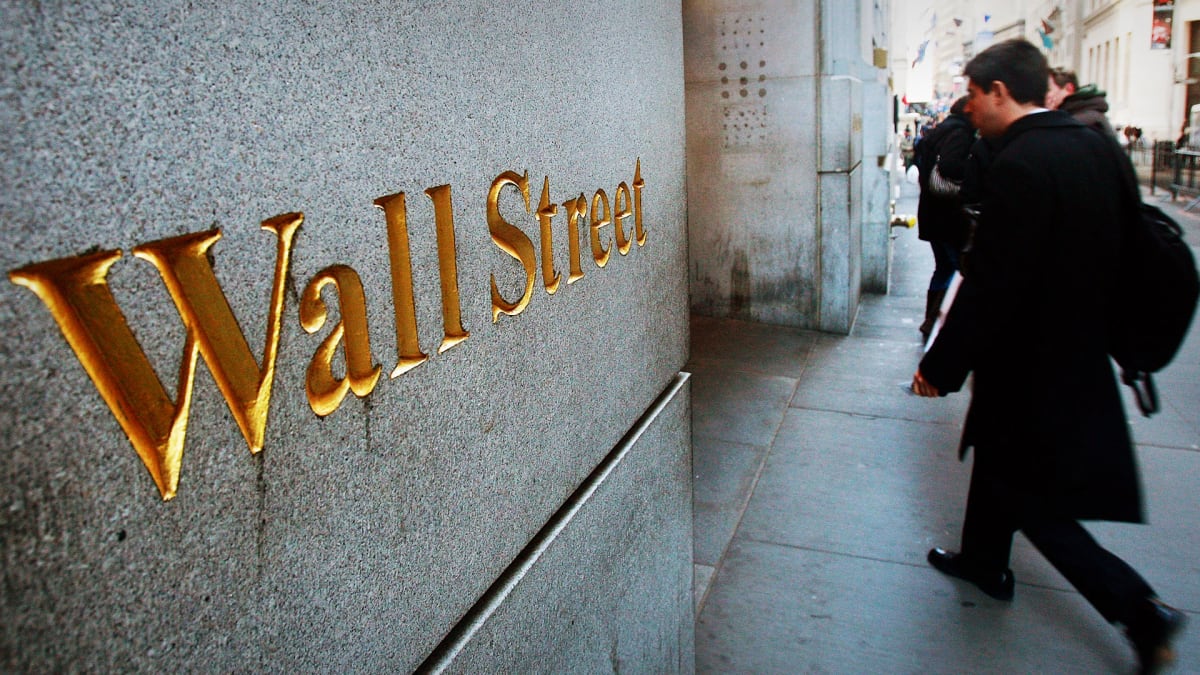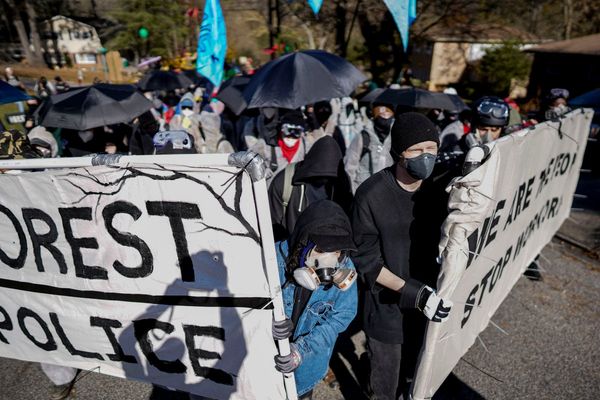
Five things you need to know before the market opens on Wednesday February 15:
1. -- Stock Futures Lower As Fed Hawks Repeat Rate Warnings
U.S. equity futures edged lower Wednesday, while the dollar added gains against its global peers and Treasury yields nudged higher, as investors continue to re-price risk in the wake of a disappointing January inflation report and hawkish commentary from Federal Reserve policymakers.
The 'sticky' nature of last month's inflation report, which indicated by a higher-than-expected headline rate of 6.4% and persistent pressures in core consumer prices, triggered a fresh round of betting in interest rate markets as traders look to catch-up with the Fed's hawkish signaling.
Several Fed officials, including New York Fed President John Williams, quoted yesterday's CPI data, as well as the strong January jobs report, as evidence for the need to lift rates further, and hold them in place for longer, in order to bring inflation back to the central bank's preferred 2% target.
"Inflation is normalizing but it's coming down slowly," Richmond Fed President Thomas Barkin said during an interview with Bloomberg TV. "I just think there's gonna be a lot more inertia, a lot more persistence to inflation than maybe we'd all want."
The CME Group's FedWatch, in fact, is pricing in a 46.9% chance of a 25 basis point rate hike in June, following on from similar increases in March and May. Traders are also abandoning the idea of rate cuts over the back half of the year, with the odds of a terminal Fed Funds rate of 5.5% increasing sharply.
Benchmark 10-year notes were trading at 3.734% in overnight trading, a move that reflects the rise in overall market rates, with 2-year notes pegged at 4.597% in the overnight session and 6-month Treasury bills trading at 5.028%, the highest since 2007.
The U.S. dollar index, which tracks the greenback against a basket of its global peers, was marked 0.29% higher at 103.537.
On Wall Street, stocks are looking to extend Tuesday's slide ahead of January retail sales data, expected at 8:30 am Eastern time, and industrial production figures coming 45 minutes later.
Futures contracts tied to the S&P 500 indicating a 15 point opening bell decline and those linked to the Dow Jones Industrial Average priced for an 80 point retreat. The tech-heavy Nasdaq is indicating a 60 point opening bell dip.
In overseas markets, Europe's Stoxx 600 was marked 0.11% higher in early Frankfurt trading while Britain's FTSE 100 slipped 0.02% in London following softer-than-expected inflation figures .
Overnight in Asia, the region-wide MSCI ex-Japan index fell 1.44% into the close of trading while the Nikkei 225 fell 0.37% following last night's weaker close on Wall Street.
2. -- Retail Sales In Focus As Warm Weather, Jobs Gains Drive Spending Boost
The Commerce Department will publish its January estimate for retail sales prior to the start of trading with investors looking for the impact of last month's huge job gain on overall consumer spending.
Overall January retail sales are expected to rise by around 1.8% from December, according to Street forecasts. Headline sales aren't adjusted for inflation, and include the impact of gasoline purchases, which were modestly higher when compared to December levels.
Core retail sales, which strip out the auto sector are likely to have risen by around 0.8%
Consumer strength is increasingly been seen as the key plank in the U.S. effort to avoid recession, particularly if momentum from January jobs report -- which showed a much stronger-than-expected gain of 517,000 new positions -- carries over into the first half of the year.
The Atlanta Fed's GDPNow forecasting tool current pegs the pace of U.S. economic growth at around 2.2%. The estimate will be updated later today following the retail sales data release.
3. -- Airbnb Shares Surge After Maiden Annual Profit, Solid Near-Term Outlook
Airbnb (ABNB) shares powered higher in pre-market trading after the the home rental and experience booking group posted stronger-than-expected fourth quarter earnings and issued a robust near-term outlook.
Airbnb said the ongoing travel boom, which has underpinned profits for airlines and credit card companies, will likely support first quarter revenues, which is sees coming in between $1.75 billion and $1.82 billion, topping analysts' estimates.
The group's 2022 net income of $1.9 billion, meanwhile, marked its first-ever full-year profit.
For the three months ending in December, Airbnb said profits were pegged at 48 cents per share, well ahead of the Street consensus forecast of 25 cents, with revenues of $1.9 billion. Overall books, the group said, were up 20% to $13.5 billion.
Airbnb shares were marked 9.4% higher in pre-market trading to indicate an opening bell price of $132.25 each.
4. -- Elon Musk Says Twitter Will Have New CEO 'Towards The End Of This Year'
Twitter owner Elon Musk said Wednesday that he'll likely run the microblogging website until the end of this year, which he described as "good timing" in terms of finding and naming a new CEO.
Speaking at the World Government Summit in Dubai, Musk, who purchased Twitter for around $46 billion late last year, and then promptly told users he would step down as soon as he found someone "foolish" enough to run it, said Twitter would be in a stable enough position by the end of 2023 to enable a handover.
"I think I need to stabilize the organization and just make sure it's in a financially healthy place and that the product roadmap is clearly laid out," Musk said. "I'm guessing probably towards the end of this year would be good timing to find someone else to run the company, because I think it should be in a stable position around, you know, at the end of this year."
Musk ran a poll for his 128 million Twitter followers on December 18, asking "Should I step down as head of Twitter?" and promising to honor the result of the 'vote'. Around 17.5 million people responded, with 57.5% in favor of his leaving.
5. -- Devon Energy Shares Slump As Bomb Cyclone Storm Clips Q4 Profits
Devon Energy (DVN) shares slumped lower in pre-market trading after the group posted weaker-than-expected fourth quarter profits linked in part to the affects of the bomb cyclone storm that paralyzed mush of the mid-west late last year.
Devon said oil and gas wells were crippled by Winter Storm Elliott, halting production and driving operating costs higher. The group reported adjusted earnings of $1.66 per share for the three months ending in December, around 9 cents shy of the Street consensus forecast, with revenues of around $4.3 billion.
The group did, however, boost its fixed quarterly dividend by 11%, from the 89 cents per share payout approved for the fourth quarter.
Devon Energy shares were marked 7.1% lower in pre-market trading to indicate an opening bell price of $59.64 each.







